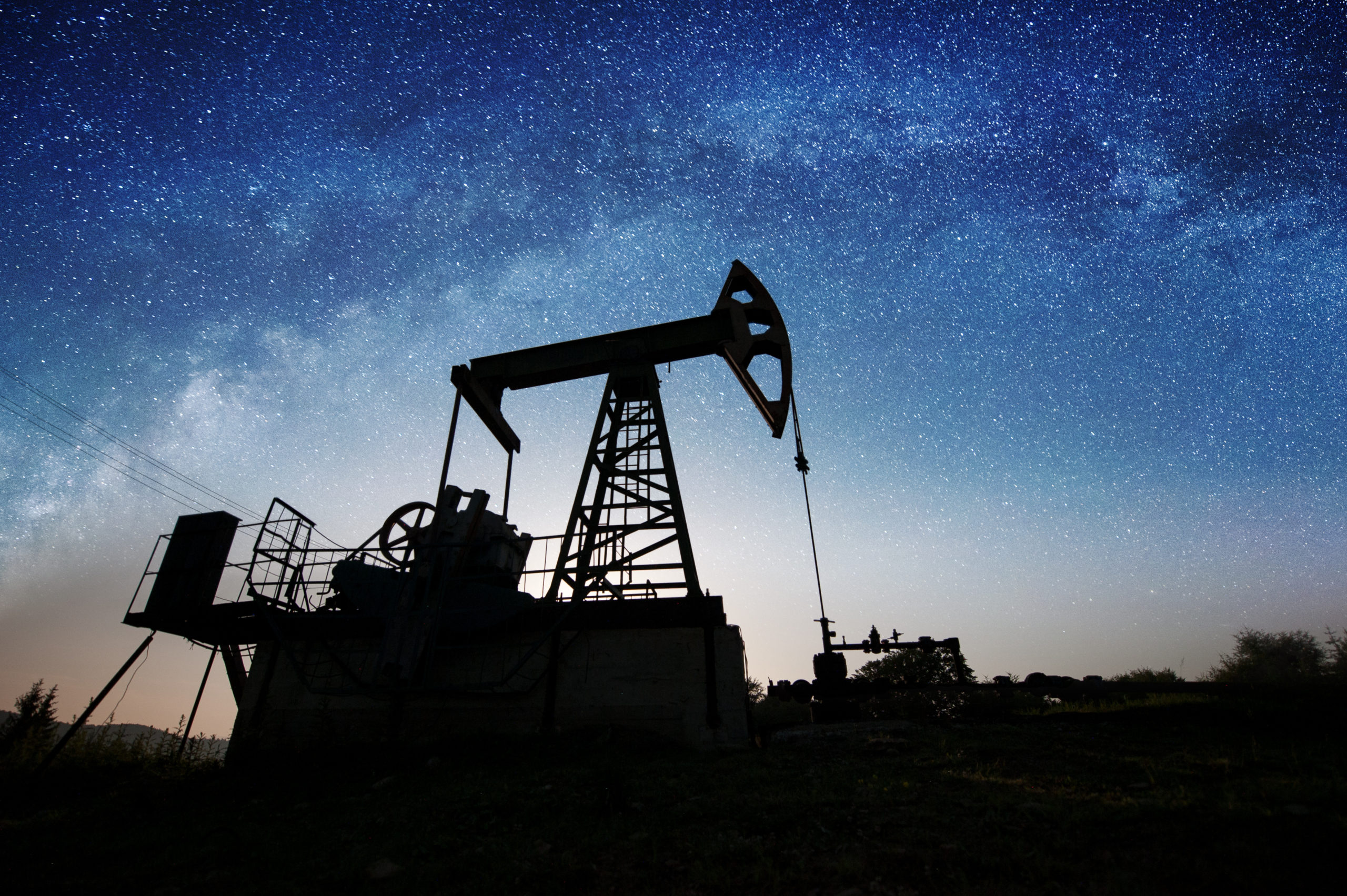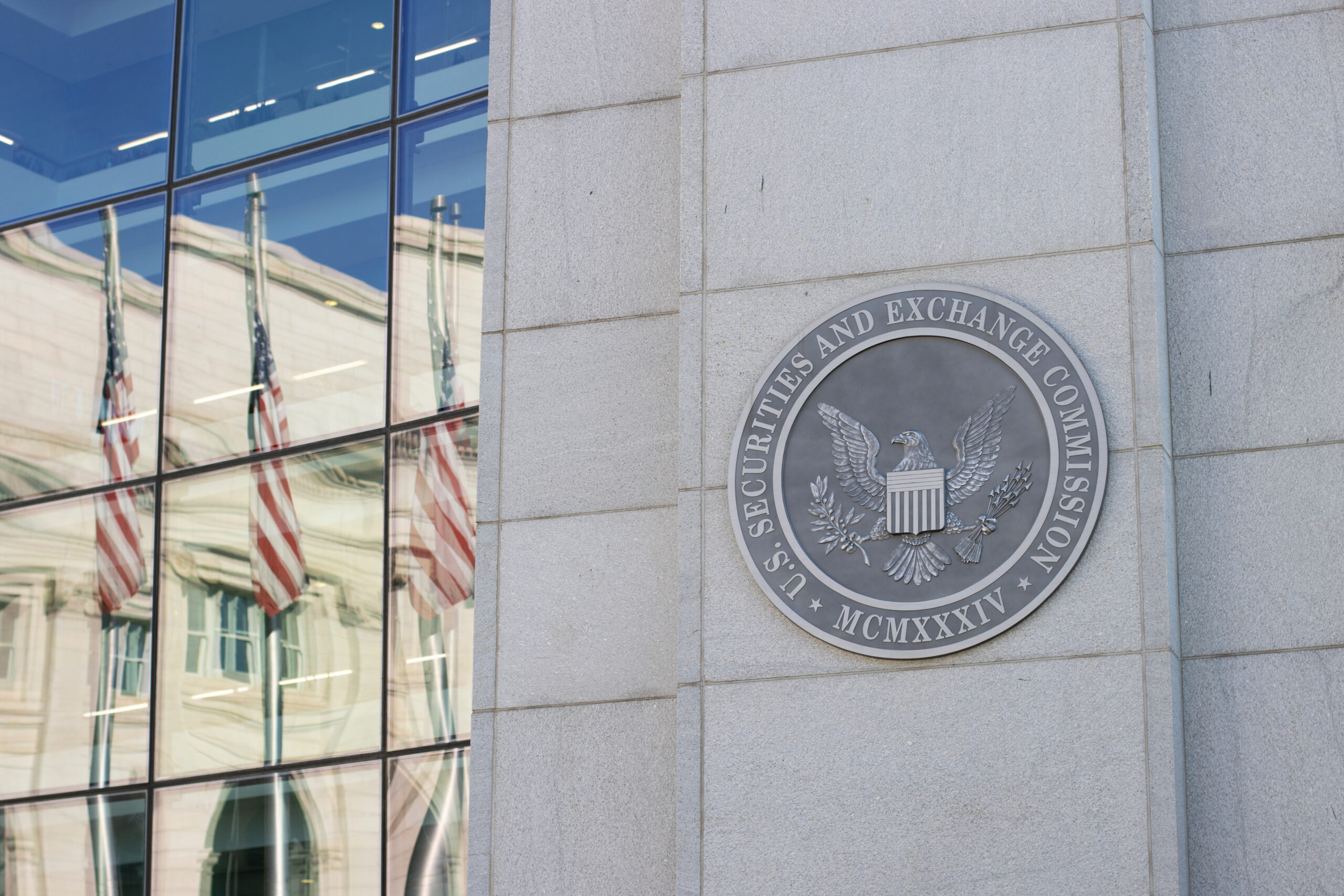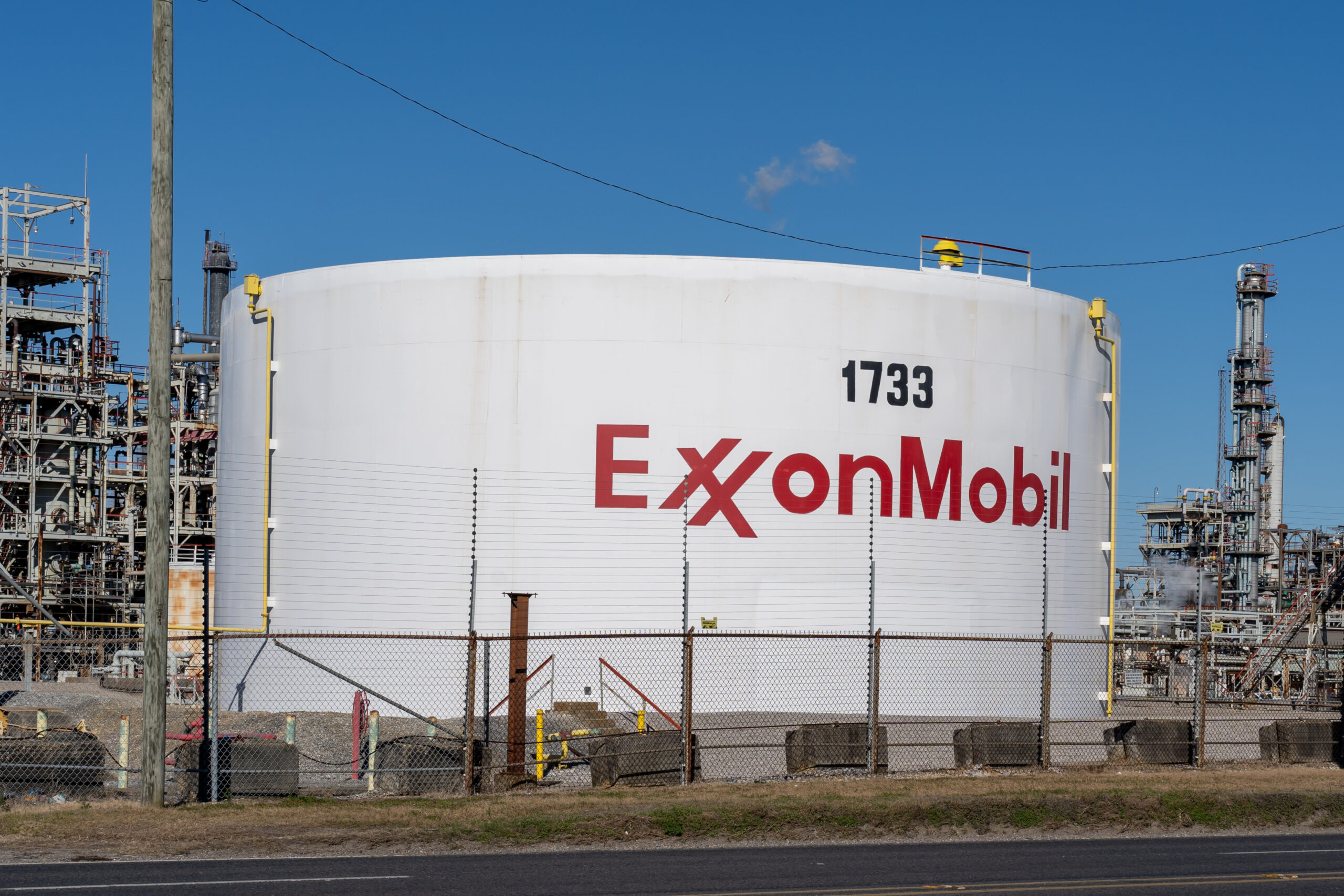Oil industry dealt procedural losses on climate litigation cases
A U.S. case brought against the oil industry was just sent back to state court, a scenario that the oil industry has spent years fighting to prevent. But whether climate litigation cases will move forward remains to be seen.

On February 8, a U.S. appeals court in Colorado shot down an appeal by several oil companies to move a high-profile climate litigation case to federal instead of state court. The decision is the first of what could be many similar decisions that could decide the next phase of a long list of lawsuits against the oil industry.
States and municipalities have sued prominent oil companies in cases around the country, seeking compensation for damages related to the climate crisis. Many of the cases hinge on the oil industry’s alleged multi-decade campaign of disinformation, which potentially violates state laws that protect the public from deceptive marketing and consumer fraud.
The cases have been tied up in procedural battles for years. The Colorado lawsuit, for example, was filed in 2018, and others were filed even longer ago.
But many consider the latest decision from the U.S. Circuit Court of Appeals for the 10th Circuit, which ruled against the efforts of ExxonMobil and Suncor Energy to keep the case out of state court, to be a big blow to the industry. It also has implications for other cases.
State courts are considered to be much more perilous territory for oil companies. State laws that protect consumers from deceptive marketing of dangerous products are clear and have been used for decades, says Karan Sokol, a professor of law at Loyola University New Orleans.
Oil companies are trying to shift the legal battle to the federal level where there are few tools at the plaintiffs’ disposal. “Federal courts don’t deal with allegations of disinformation a lot,” Sokol said.
But the oil industry’s strategy goes beyond merely choosing a favourable venue. The industry is trying to argue that the litigation is not actually about deception, but really about climate policy. Once the cases get moved to federal court, the oil industry would then argue that hashing out the nation’s climate policy is not something that the courts should decide at all. It argues that an issue as sprawling and far-reaching as climate change should be addressed by the legislative and executive branches of the federal government, not the courts.
This “two-step” strategy of moving the cases to federal courts and then immediately seeking their dismissal is a cynical attempt to evade accountability for decades of misinformation, Sokol said. And the industry’s attempt to pivot the conversation away from the history of deception and instead make it about climate policy and emissions, is part of that calculated strategy.
When asked for comment, industry representatives repeated this line of argument. “This ongoing, coordinated campaign to wage meritless lawsuits against companies providing affordable, reliable energy is nothing more than a distraction from these important issues and an enormous waste of taxpayer resources. We believe these cases belong in the federal courts, but ultimately climate policy is an issue for Congress to debate, not the court system,” Scott Lauermann, a spokesperson for the American Petroleum Institute, said in a statement to Gas Outlook.
A statement from ExxonMobil echoed these arguments. Casey Norton, an Exxon spokesperson, said the cases were “without merit” and “waste millions of dollars of taxpayer money” while doing “nothing to advance meaningful actions that reduce the risks of climate change.
But Sokol emphasized that the legal challenges are not about climate policy. “The basis of this is disinformation. They aren’t asking them to do anything about emissions. They aren’t even saying they are liable for that,” she said. She added that the cases argue that the oil industry’s emissions rose because it was able to “artificially inflate the market because of [the] disinformation campaign.”
What happens next?
Federal courts have previously sent cases back to state courts, dealing repeated setbacks to the oil companies’ strategy. In 2020, the Fourth Circuit Court of Appeals sent a similar case, Baltimore v. BP, back to state court. The City of Baltimore, Maryland is seeking damages from BP and other oil companies for damages related to the companies’ role in deceiving the public about climate change.
But last year, the U.S. Supreme Court told the appellate courts to take a more expansive look at the oil industry’s arguments that the cases should move to federal court. It was viewed as a temporary victory for the companies.
The most recent decision from Colorado on February 8 is the first major decision from the appellate courts since the Supreme Court weighed in. And the federal judges once again ruled against the industry.
“I don’t think the 10th Circuit’s decision will be a surprise to anyone. These cases raise only state law claims and the oil companies’ efforts to remove them to federal court have largely been a delay tactic to forestall trials that they fear will be hugely embarrassing to them,” Robert V. Percival, a law professor at the University of Maryland, told Gas Outlook.
The judges in the Baltimore v BP case sounded equally sceptical of arguments that the cases should be heard in federal courts during a hearing in January.
“I expect that the 4th Circuit shortly will reach a decision in the BP v. Baltimore case similar to the 10th Circuit’s decision,” Percival said.
When asked about the case, a BP spokesperson declined to comment, citing ongoing litigation.
Other cases are also expected to be decided soon. The 9th U.S. Circuit Court of Appeals in Hawaii, for example, is weighing a similar case.
The procedural battles up until now have prevented the cases from moving forward to the underlying legal questions about industry deception.
“We have not even gotten to the merits. Of course, that’s their intention,” Sokol said, referring to the oil companies. “They don’t mind spending a lot of money at the procedural stage because they know things would really unravel if they get to discovery in state courts.”
She said what the industry really fears is legal cases moving to the discovery phase, which could unearth decades of evidence of how the oil industry and its trade associations engineered a public relations campaign to mislead the public about climate change.
Such a process could help shed light on “the narrative about this country’s social and political history and how we got to this point,” Sokol added. “That’s a really important aspect of these.”
“Given the nature of [the climate] crisis, it is not just a crisis of government failures. It was orchestrated government failures. And the industry is responsible for that,” she said. “So, that is an important part of the climate crisis – coming to terms with how we got here. And, in particular, any wrongful conduct that got us here and holding the wrongdoers to account.”
When asked how likely any of these cases would move forward to this phase, Sokol said: “I’m not sure.”
The decision from the 10th Circuit in Colorado tosses the case into state court. Legal experts view many of the oil industry’s procedural arguments about the venue as spurious, and the resounding victories thus far for the plaintiffs should, in theory, push the cases forward.
But the big unknown is what the Supreme Court will do. Widely viewed as favourable to the corporate sector generally, and the oil industry in particular, the oil industry could petition the Supreme Court to weigh in once again in an effort to short-circuit the litigation.
“These cases in particular have the law completely behind them,” Sokol said, referring to the plaintiff’s filing in state courts. “But, with this [Supreme Court], I don’t think that’s necessarily a winner. To be honest, adherence to legal doctrine does not make a difference.”
Percival agreed. “I would not be surprised if the oil companies once again seek review by the U.S. Supreme Court in an effort to further delay the trials,” the law professor said. “But this time there will not be any reason for the Supreme Court to grant review unless the Justices want to embrace extreme judicial activism to wipe out state law climate litigation.”



